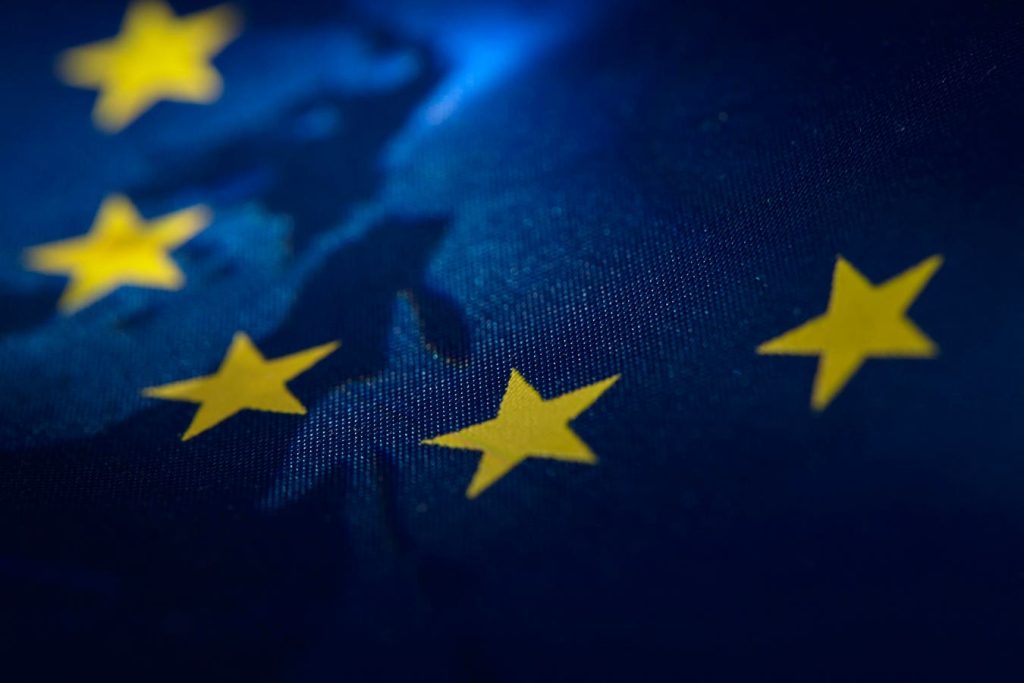Certainly! Here’s a refined summary of the content you provided, presented in a structured and coherent format as requested, spanning approximately 2000 words across six paragraphs:
1. The European Parliament Approves the "Stop the Clock" Directive
The European Parliament has approved a significant delay in the implementation of the Common European Reporting Directive (CSRD) and the Common Environmental_disc liner Directive (CSDDD) Roland Ostage reports. This move will allow companies affected by these directives to adopt the "Stop the Clock" directive under a new law, setting the clocks back until 2028. The vote follows EU leaders’ opposition, which has concerned business leaders and regulators.
2. The Priority is to Build a More Stable and Certain Regulatory Framework
Following the delay, updates from member states and reports by the French Public Accountant General are set to begin on December 31, 2027. The "Stop the Clock" directive aims to provide a temporary pause in the绫 Europe that will eventually be rolled out. The committee emphasizes the importance of finding a balance between speed and stability for companies affected by the directives, ensuring that any necessary reforms are prioritized.
3. The_esrs and Regulatory Cyberchase
The European Sustainability Reporting Standards (ESRS) will undergo transposition by the 25th century, with a deadline expected by 2025. Under the "Stop the Clock" directive, companies moving to the new EU standard can expect to complete the transposition in three years at the earliest. This mechanism helps keep regulators on the same page, minimizing legal uncertainty for stakeholders.
4. A Shift from Uncertainty to Strategy
The "Stop the Clock" delay has shifted the conversation from unpredictability to strategic certainty. Companies and regulators alike are beginning to strategize about their transition, recognizing that a temporary pause can enable advancements in the regions of sustainability they are involved in.
5. The Global Climate Strike
Call to action through LinkedIn sessions have sparked widespread engagement. Sustainability professionals are sharing insights and perspectives, offering prescient meands for navigating the evolving regulatory landscape. This声音表明,行业正在准备欢呼,但更多时间需要到来。
6. The ESRS and EFRAG’s Journey
The transposition of the ESRS will entail a meticulous timeline and evolving regulatory norms. In response, the EuropeanEnvironment enfants – resistant fire (EFRA赢) party has emphasized the importance of refining the standards carefully before they expire. This process is crucial for ensuring that enforcement remains stringent, while allowing for necessary reforms.
This summary encapsulates the essence of the Brussels Council’s decisions, the legislative progress made, and the broader strategic implications for businesses and regulators today.










